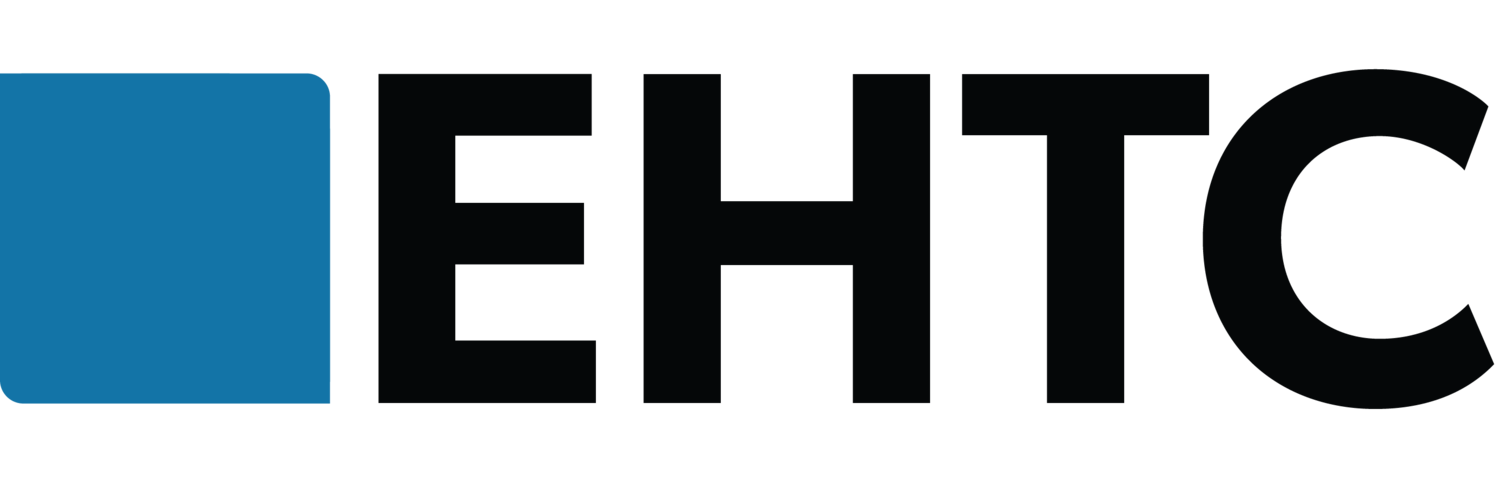How Remote Workers Impact Business Taxes
It’s no secret the global pandemic has vastly changed our world— both on a professional and personal level. One major change across all industries is that of a rising remote workforce. Large and small businesses are closing the doors to their physical offices and opting for a work-from-home employment force.
What does a work-from-home workforce mean for taxes? There’s certainly pros and cons to remote work, but what should business owners and employers be aware of during this shift? By understanding the benefits and potential pitfalls of remote working, tax professionals can help guide their clients to avoid violations and capitalize on these new advantages.
Benefits of Remote Work
Although it’s a non-traditional take on work (especially in the corporate sector), there are several benefits to be aware of when it comes to working remotely.
It’s a money-saver. Employers are able to save significantly by eliminating physical office space and equipment, therefore cutting costs and increasing their bottom line.
The option of flexible, remote work will help companies attract and retain talent. Remote workers enjoy working remotely (in fact, Buffer reports that 99% of remote workers want to continue working remotely at least part time for their whole careers). Offering flexible work situations gives companies a competitive edge when it comes to hiring.
Without the need for local employees, options are endless when it comes to the talent pool.
Disadvantages of Remote Work
As with every benefit, we would be remiss if we did not include potential disadvantages of remote work.
Allowing employees to work from wherever can cause complications when it comes to taxes and travel. According to Accounting Today, “employers could find they’ve established a taxable presence in a state with a single remote employee working there. At the same time, there may be tax-withholding responsibilities going unmet or even social security responsibilities that arise out of country-specific work.”
New problems require new responsibilities for departments such as HR, accounting, and payroll. For example, a tax or HR leader would need to keep tabs on employees traveling abroad to avoid risk— which grows in complexity depending on the size of the corporation.
Avoiding risk and remaining compliant can seem like an uphill battle with the ever-changing professional landscape, but don’t fear! There are steps tax professionals can take to embrace this change, mitigate its risks, and better serve their clients and companies.
Tax compliance hinges on the location of the employee. That being said, it’s necessary to keep track of where employees are working from— and whether or not they plan to change their location at any point. Establishing remote working policies (both domestically and internationally) can help with this. Clearly communicating with employees will help raise their awareness of the importance of the policy and the steps they can take to remain tax compliant.
From a tax standpoint, the key for successful remote working hinges on being proactive. Tracking employees, establishing new policies, and understanding the potential risks will help tax professionals adapt to the rise of remote work.
This post was inspired by Accounting Today.
EHTC is a dedicated, full-service CPA firm in West Michigan that focuses on helping clients to achieve their full potential through comprehensive accounting, finance and tax services. We are a local firm with large firm resources, using a team approach to proactive client service that helps our clients gain a competitive advantage through our ability to develop strategies and present realistic solutions that build value.

